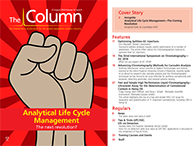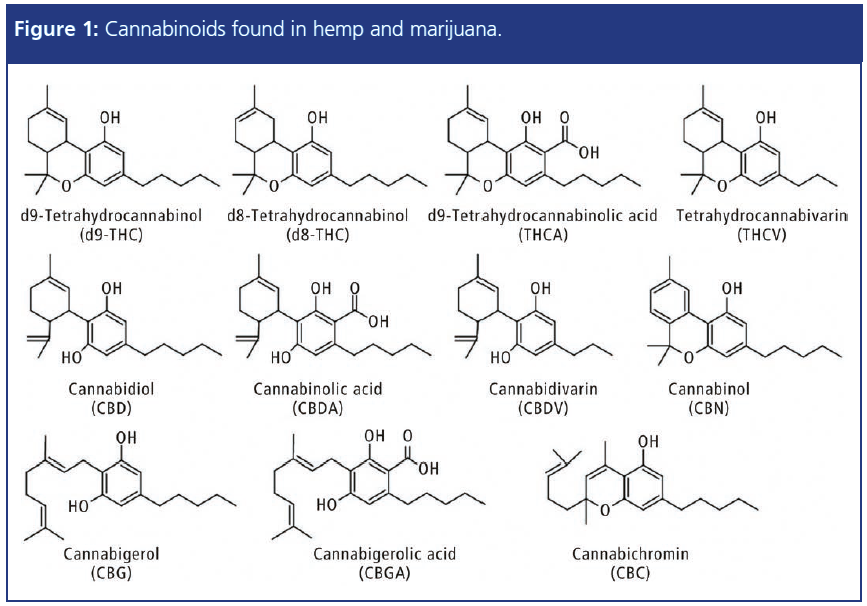Sciex Donates to World Cancer Research Fund
Sciex has donated $17,500 to the World Cancer Research Fund (WCRF) to help fund urgently‑needed research investigating the relationships between food, nutrition, and physical activity with cancer prognosis and outcome in cancer survivors.
Sciex (Framingham, Massachusetts, USA) has donated $17,500 to the World Cancer Research Fund (WCRF) to help fund urgentlyâneeded research investigating the relationships between food, nutrition, and physical activity with cancer prognosis and outcome in cancer survivors.
A donation of $11,000 was made as the result of 98% participation in the annual Sciex employee engagement survey, where Sciex committed to donating to this cause based on the number of survey responses collected. An additional $6500 was donated by the Danaher Foundation, the parent company of Sciex.
“Sciex is very proud to support organizations that promote healthcare research and discovery, community engagement, and efforts towards innovative approaches to improve quality of life around the world,” said Inese Lowenstein, President of Sciex
Gerard Cousins, Director of Fundraising for WCRF UK, commented: “WCRF is proud to have been working with Sciex, an organization that shares our aim of empowering people to make healthier lifestyle choices, since 2015. Sciex fundraising has helped to fund much-needed research into cancer prevention, which has been reflected in our latest report, Diet, Nutrition, Physical Activity and Cancer: a Global Perspective, which was launched in May.”
For more information, please visit www.sciex.com

New TRC Facility Accelerates Innovation and Delivery
April 25th 2025We’ve expanded our capabilities with a state-of-the-art, 200,000 sq ft TRC facility in Toronto, completed in 2024 and staffed by over 100 PhD- and MSc-level scientists. This investment enables the development of more innovative compounds, a broader catalogue and custom offering, and streamlined operations for faster delivery. • Our extensive range of over 100,000 high-quality research chemicals—including APIs, metabolites, and impurities in both native and stable isotope-labelled forms—provides essential tools for uncovering molecular disease mechanisms and exploring new opportunities for therapeutic intervention.
New Guide: Characterising Impurity Standards – What Defines “Good Enough?”
April 25th 2025Impurity reference standards (IRSs) are essential for accurately identifying and quantifying impurities in pharmaceutical development and manufacturing. Yet, with limited regulatory guidance on how much characterisation is truly required for different applications, selecting the right standard can be challenging. To help, LGC has developed a new interactive multimedia guide, packed with expert insights to support your decision-making and give you greater confidence when choosing the right IRS for your specific needs.

.png&w=3840&q=75)

.png&w=3840&q=75)



.png&w=3840&q=75)



.png&w=3840&q=75)










